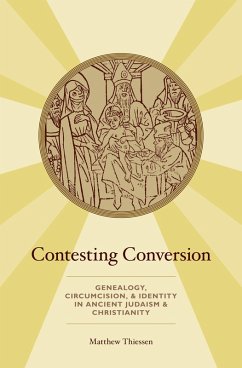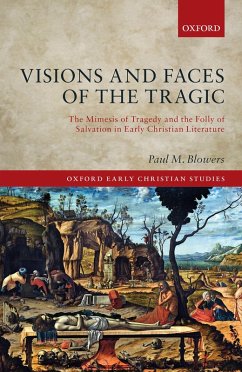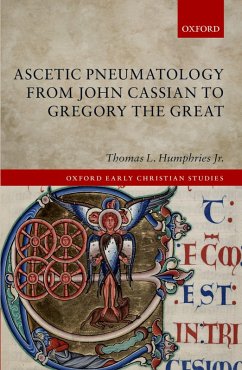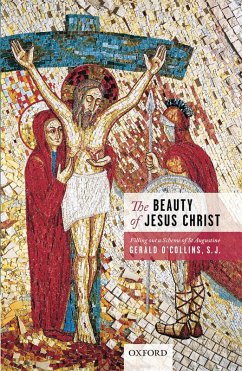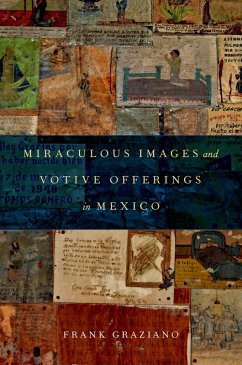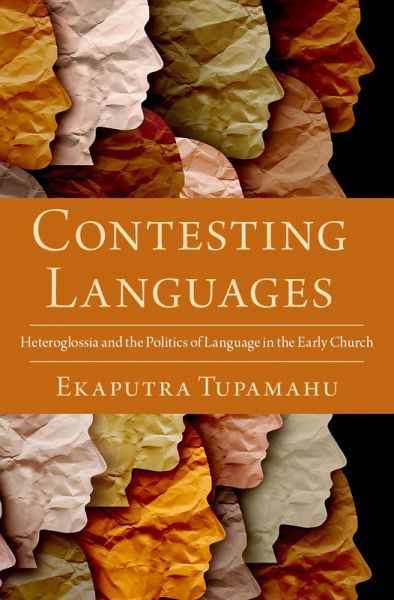
Contesting Languages (eBook, PDF)
Heteroglossia and the Politics of Language in the Early Church
Versandkostenfrei!
Sofort per Download lieferbar
34,95 €
inkl. MwSt.
Weitere Ausgaben:

PAYBACK Punkte
17 °P sammeln!
How did the Apostle Paul navigate the language differences in Corinth? In Contesting Languages: Heteroglossia and the Politics of Language in the Early Church, Ekaputra Tupamahu investigates Corinthian tongue-speech as a site of political struggle. Tupamahu demonstrates that conceptualizing speaking in tongues as ecstatic, unintelligible expressions is an interpretive invention of German romantic-nationalist scholarship. Instead, drawing on Mikhail Bakhtin's theories of language, Tupamahu finds two forces of language at work in the New Testament: a centripetalizing force of monolingualism, whi...
How did the Apostle Paul navigate the language differences in Corinth? In Contesting Languages: Heteroglossia and the Politics of Language in the Early Church, Ekaputra Tupamahu investigates Corinthian tongue-speech as a site of political struggle. Tupamahu demonstrates that conceptualizing speaking in tongues as ecstatic, unintelligible expressions is an interpretive invention of German romantic-nationalist scholarship. Instead, drawing on Mikhail Bakhtin's theories of language, Tupamahu finds two forces of language at work in the New Testament: a centripetalizing force of monolingualism, which attempts to force heterogeneous languages into a singular linguistic form, and a countervailing centrifugal force that diverse languages unleash. The city of Corinth in the Roman period was a multilingual city-a sociolinguistic context that Tupamahu argues should be taken seriously when reading Paul's directives concerning Corinthians "speaking in tongues". Grounding his reading of the texts in the experiences of immigrants who speak minority languages, Tupamahu reads Paul's prohibition against the use of tongues in public gathering as a form of cultural domination. This book offers a competing social imagination, in which tongues as a heteroglossic phenomenon promises a radically hospitable space and a new socio-linguistic vision marked by unending difference.
Dieser Download kann aus rechtlichen Gründen nur mit Rechnungsadresse in A, B, BG, CY, CZ, D, DK, EW, E, FIN, F, GR, HR, H, IRL, I, LT, L, LR, M, NL, PL, P, R, S, SLO, SK ausgeliefert werden.





